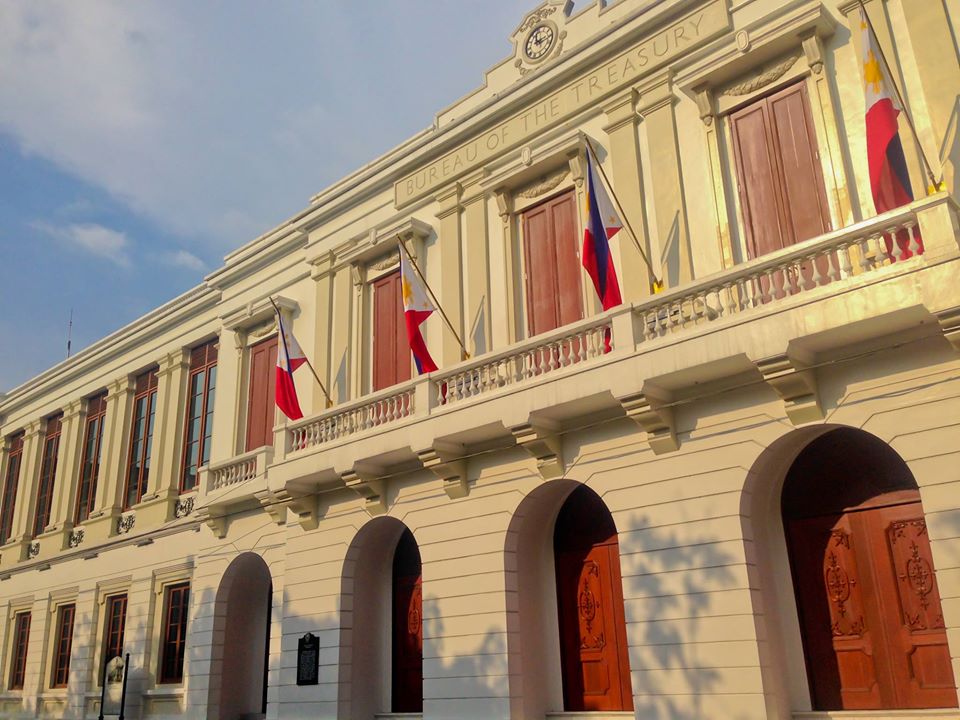MANILA, Philippines—The interest to be paid by the government for its short-term borrowings jumped on Monday (July 18) following the Bangko Sentral ng Pilipinas’ (BSP) surprise and supersized interest rate hike last week.
As bid rates rose across the board, the Bureau of the Treasury ‘s (BTr) auction raised a total of P12.9 billion from short-dated T-bills, short of the P15 billion it wanted to borrow. The BTr capped yield sought by local lenders for the 182-day debt paper.
The BTr awarded P5 billion in the benchmark 91-day IOUs at an average of 2.323 percent, up from 1.876 percent last week. It also borrowed P5 billion through 364-day securities, whose annual rate climbed to 3.258 percent from 2.981 percent previously.
For the six-month tenor, the rate was capped at 3.083 percent, up from last week’s 2.907 percent, prompting the BTr to award only P2.9 billion out of the similar P5-billion offering.
National Treasurer Rosalia de Leon noted that bid rates for the 182-day IOUs hit a high of 3.8 percent, above the 364-day’s 3.423 percent.
“If we made a full award for the 182-day, the average rate of 3.32 percent is much higher than the 364-day’s 3.258 percent,” De Leon explained.
“As expected, markets asked for higher rates following the 75-basis point (bp) off-cycle hike by the BSP,” De Leon said.
De Leon added that the domestic debt market was also bracing for the possibility that the BSP may next hike rates by 50 bps, on expectations that the US Federal Reserve could turn more aggressive with a potential one-percentage point (ppt) rate increase when it meets next week.
Government securities eligible dealers (GSEDs) were willing to lend the government a total of P33.5 billion, or 2.2 times bigger than Monday’s intended borrowings.
The BTr plans to borrow P200 billion locally this month. For 2022, the government will raise P2.2 trillion by borrowing, of which three-fourths amounting to P1.65 trillion would come from the issuance of treasury bills and bonds.
De Leon last Friday (July 15) told the Inquirer that while the BTr expects yields of the government’s local borrowings to go up, foreign debt servicing would go down as the BSP’s off-cycle rate hike was aimed at arresting the peso’s slide.
Domestic creditors would try to wiggle higher interest on money that they lend to the government during times of uncertainty. The government, meanwhile, tries to save on interest payments, which get funded by debt servicing in the national budget.
Higher interest and debts to be repaid under the annual budget, in turn, slash the amount which could have been productively spent on public goods and services.
